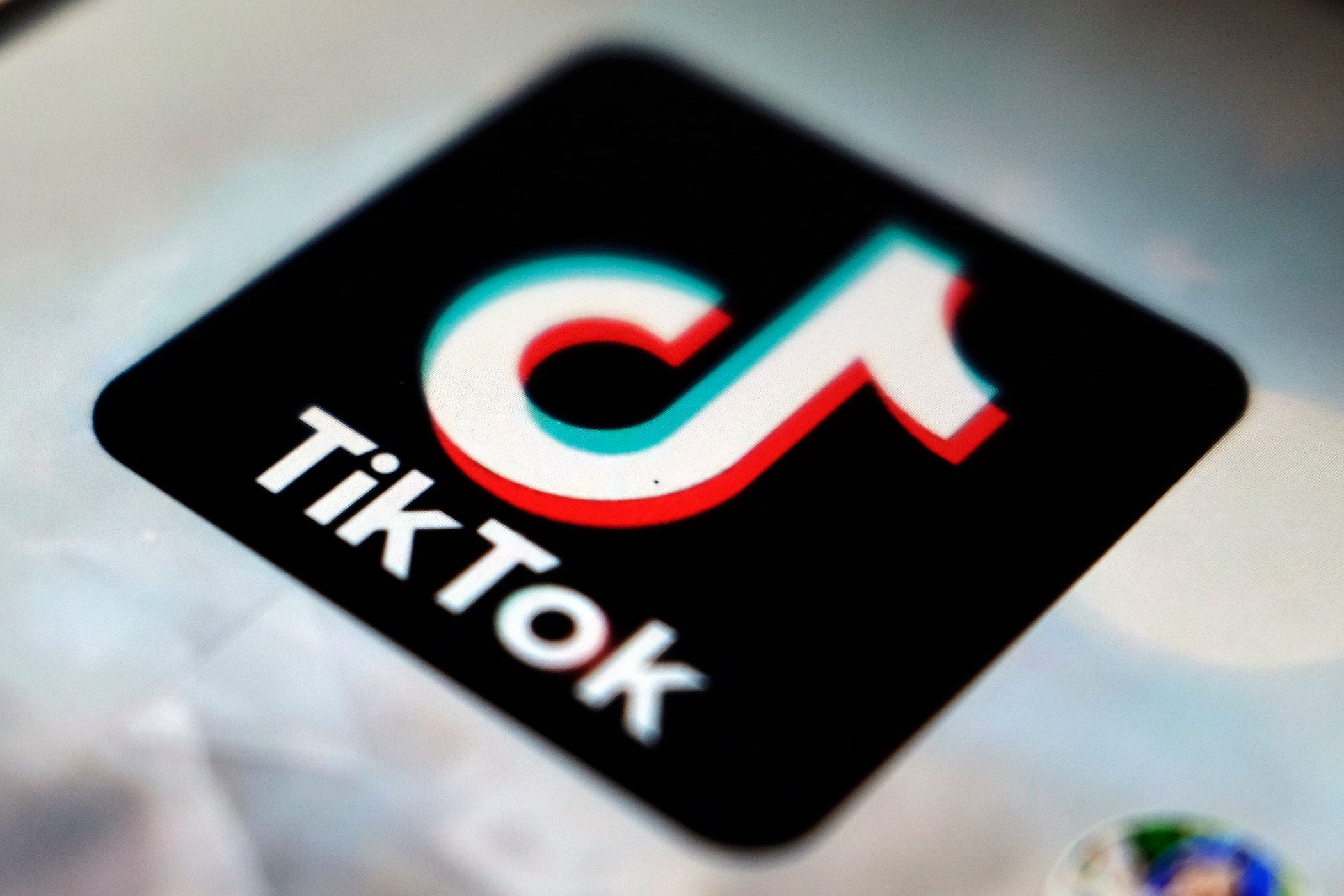The White House has launched a trade investigation into a new French law, which U.S. officials argue could discriminate against large, American technology companies.
This week, French lawmakers voted to impose a 3 percent tax on revenues from digital services that reach French users. It would apply to companies with total revenues of 750 million euros internationally, and with at least 25 million euros of revenues in France.
The law, which French President Emmanuel Macron is expected to sign within two weeks, could leave U.S. tech giants like Facebook, Google, and Amazon facing a hefty new tax bill.
On Wednesday, the U.S. Trade Representative Robert Lighthizer began an investigation into France over whether the law would constitute an unfair trading practice. The White House contends that the tax appears to target particular services in which the U.S. excels.
The European Union had hoped, but ultimately failed, to reach a tax plan similar to France’s that would apply to all 28 of its member states.
The European Commission, an agency that proposes legislation within the European confederation, estimates that digital companies pay half the effective tax rates of their non-technology-based counterparts.
The Commission had proposed a 3 percent tax rate on companies that profit from online placement of advertisements, sale of user data, and interactive, digital platforms.
Like with recent duties imposed against China, the U.S. could implement tariffs on French goods, should it find that the law unfairly targets American digital services companies.
Facebook ($FB), Google ($GOOGL), and Amazon ($AMZN) did not respond to a request for comment by the time of publication.












